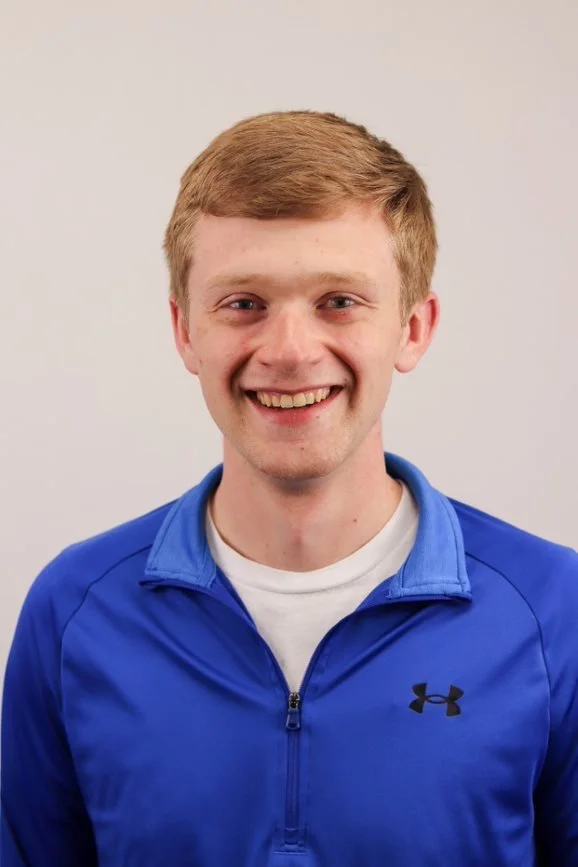Community Spotlight: Devin Kuhn (He/Him/His)
Devin Kuhn
Appraiser - Farm Credit East & Dairy Famer
Can you introduce yourself and share a bit about your connection to food and agriculture?
My name is Devin Kuhn (He/Him/His), and my connection to agriculture began at birth. I am the fourth generation on my family’s dairy farm and hold a degree in Dairy Management from SUNY Morrisville (2022). Since 2022, I’ve been employed as an Appraiser with Farm Credit East, ACA, and I am currently pursuing a New York State General Certification. Outside of the office, you can find me working with cattle on the farm, working the field to grow the crops they need throughout the year, or playing with my Aussie, Harper.
My experiences cover both sides of the agricultural industry, allowing me to engage effectively with the people who grow our food and those who support them.
How has your identity as an LGBTQ+ person shaped your experience in this field?
I came out during my freshman year of college, and I’ve shaped my experience in agriculture into the one I wanted. It took time to create that experience, and now it’s one I try to model for those around me. That modeling has helped me build leadership skills I’ll continue to use in my career. I don’t want to suggest the process was easy. I spent a lot of time figuring out how I wanted to present myself and how my identity as an openly gay man would create challenges.
What impact has CCF had on your personal or professional journey?
The Cultivating Change Foundation has inspired me to be a better leader in diversity, equity, and inclusion at work and in my personal life. Understanding and promoting others’ stories helps my professional growth and helps me and my colleagues do better in our roles. The foundation also challenged me to think about what it means to be part of the LGBTQ+ community in a professional setting and how to deal with the challenges that come with it.
What does visibility for LGBTQ+ people in food and ag mean to you?
Visibility for any identity, and embracing intersectionality, will move the food and agriculture industry forward for both employees and consumers. Doing so can make this a more attractive career path for people with underrepresented identities. Supporting intersectionality can also help grow consumer connection to agriculture.
What would you tell your younger self or another LGBTQ+ person just entering our sector?
You are important. Just because you’re different doesn’t mean you’re less than others who are seen as “normal.” You may have to work twice as hard to earn the respect of those around you, but that will make you a better professional and, in the future, a leader who connects with those you lead.
Don’t underestimate people’s ability to accept you. Always share your story and make sure it’s heard.
What’s one moment you felt proud to be your full, authentic self in your work?
I am my full, authentic self every day at work. I’m proud to have been a member of the Leading Diversity Team since 2023. In late 2024, I had the opportunity to facilitate a session for all staff. It gave me a chance to use the tools I’ve developed through Cultivating Change and my own growth.
What does Pride mean to you this year?
Pride this year isn’t just a celebration. It’s a plea for our place at the table. It’s my time to share my experiences and keep fighting for my basic rights.
What gives you hope for the future of LGBTQ+ people in food and ag?
The next generation of LGBTQ+ professionals and allies gives me hope. They will be the most inclusive generation to enter the workforce. That inclusion will strengthen the food and ag industries and grow their place in the global economy, which is critical as the world population grows.
How can allies better support LGBTQ+ professionals in this industry?
Allyship should be part of everyday life. It needs to happen both in and out of the workplace. Allies have the power to create change and should use it. They also need to recognize the privilege they hold and use it to support inclusion.
This isn’t about comparing who has more or less privilege. It’s about understanding that LGBTQ+ people often face disadvantages, and recognizing that is the first step to meaningful support.

